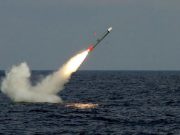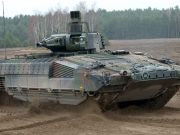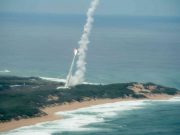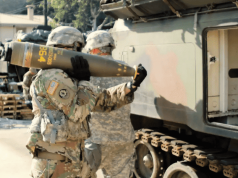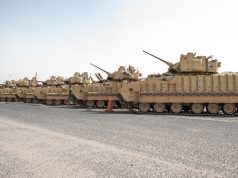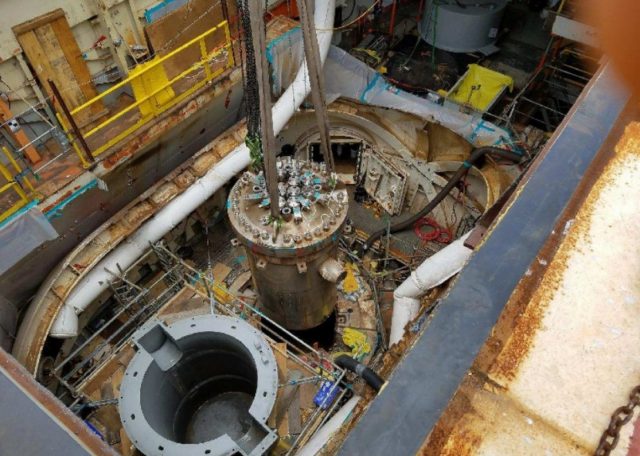
The US defense department has contracted three teams of companies to start design work on a mobile nuclear reactor prototype under a Strategic Capabilities Office (SCO) initiative called Project Pele.
BWX Technologies received $13.5 million, X-energy LLC $14.3 million, while Westinghouse Government Services received $11.95 million in funds for the design work.
Project Pele involves the development of a safe, mobile and advanced nuclear microreactor to support a variety of defense department missions, such as generating power for remote operating bases.
After a two-year design-maturation period, one of the three companies may be selected to build and demonstrate a prototype.
“The Pele Program’s uniqueness lies in the reactor’s mobility and safety,” said Dr. Jeff Waksman, Project Pele program manager. “We will leverage our industry partners to develop a system that can be safely and rapidly moved by road, rail, sea or air and for quick set up and shut down, with a design which is inherently safe.”
In January 2019, SCO issued a request for information to industry for the development of Project Pele technology. Three companies were chosen from the ensuing competition to develop engineering designs. Critical to the Pele program is coordination with the Department of Energy, the Nuclear Regulatory Commission, the National Nuclear Security Administration and industry partners that allows the rapid development of workable prototype designs that support evaluation, safety analysis, and, ultimately, construction and testing.
In order to technically assess the feasibility of a mobile reactor, the defense department said it was necessary to complete a high-fidelity engineering design to confirm its safety, resiliency, and reliability, and to reduce technical, regulatory and manufacturing risks.
DOD uses approximately 30 terrawatt hours of electricity per year and more than 10 million gallons of fuel per day—levels that are expected to increase. A safe, small, mobile nuclear reactor would enable units to carry a nearly endless clean power supply, enabling expansion and sustainment of operations for extended periods of time anywhere on the planet.
“The United States risks ceding nuclear energy technology leadership to Russia and China,” said Mr. Jay Dryer, SCO director. “By retaking technological leadership, the United States will be able to supply the most innovative advanced nuclear energy technologies.”
Microreactors would significantly reduce the need for investments in costly power infrastructure. In civilian applications, they could be easily relocated to support disaster response work and provide temporary or long-term support to critical infrastructure like hospitals, as well as remote civilian locations where delivery of electricity and power is difficult.
The engineering design phase of Project Pele will continue for up to two years, after which the DOD will make an assessment on whether a microreactor capable of meeting necessary safety requirements is feasible.





